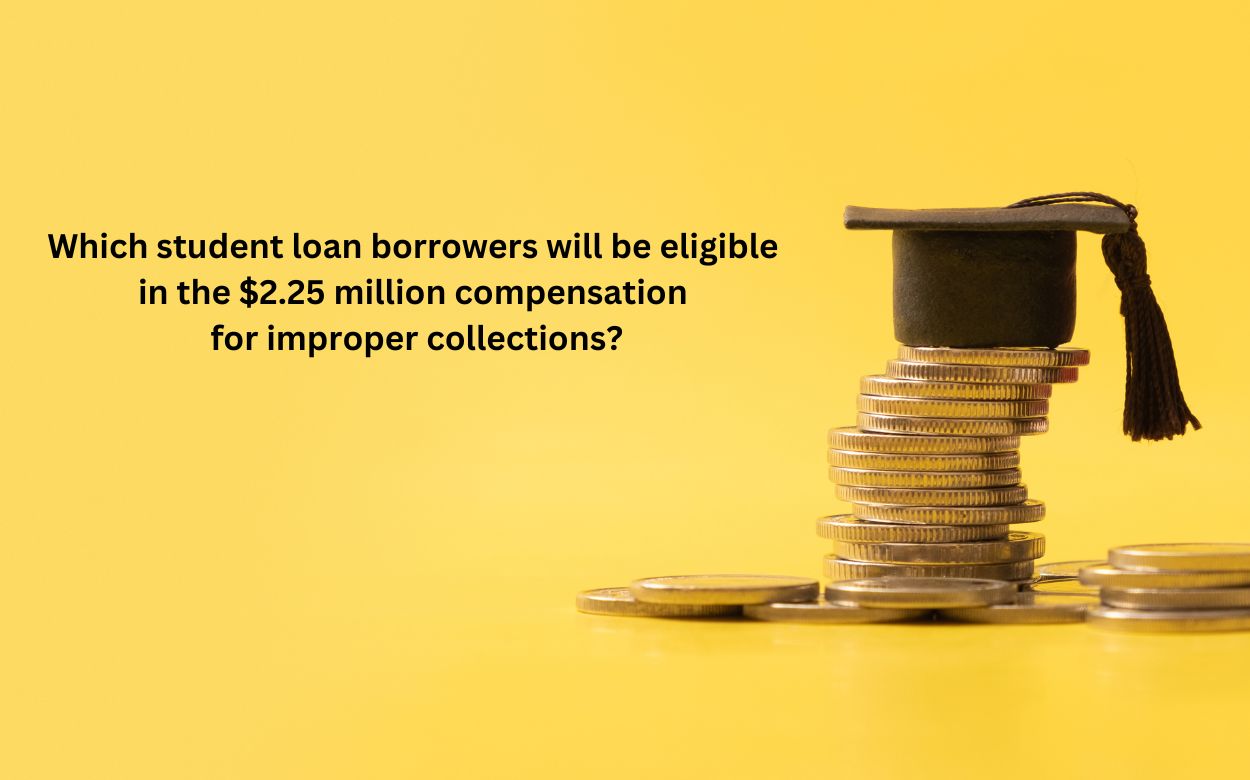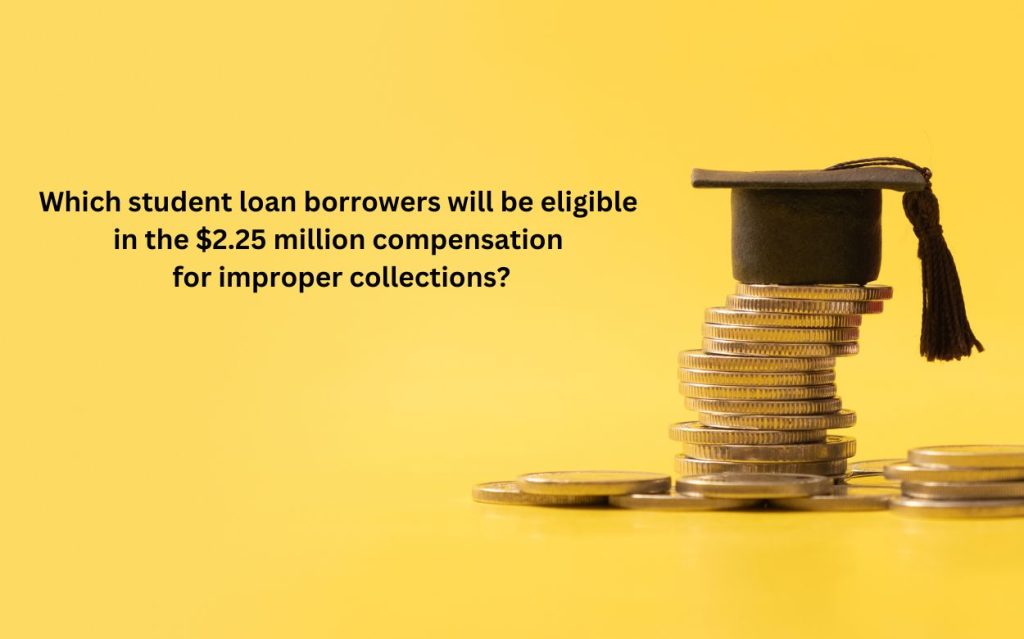The Consumer Financial Protection Bureau (CFPB) has suggested a $2.25 million compensation fund for student loan borrowers harmed by unlawful debt collection methods. This proposed decision is aimed at the National Collegiate Student Loan Trusts (NCSLT), a collection of 15 securitization trusts that acquire and service private student loans. First, the decision focuses on borrowers injured by particular illegal acts. According to the CFPB, NCSLT and its sub-servicers filed “thousands of lawsuits” to collect on loans without sufficient evidence to prove they held the debt or that the borrowers owed it. Worse, some affidavits were allegedly “false and misleading,” containing assertions of personal knowledge that the signers did not have or incorrect notarization. Borrowers whose debts were pursued after the statute of limitations had expired are also considered.

CFPB Director Rohit Chopra has previously attacked NCSLT, calling it a “web of investment trusts that failed student loan borrowers, including during the height of the pandemic.” The Trusts earned prominence for employing aggressive and, as alleged, fraudulent techniques, which this decision seeks to address.
The proposed decision would order NCSLT to pay the $2.25 million in compensation to impacted borrowers and withdraw, dismiss, or terminate pending proceedings related to defective or time-barred obligations. They must also stop wage garnishment and any collection measures related to these cases. According to the CFPB, the cash will be given to borrowers harmed by these activities through a redress fund managed by the bureau.
CFPB’s NCSLT lawsuit provides relief to Borrowers:
However, not every borrower with an NCSLT loan will qualify. Relief will only apply to accounts where evidence demonstrating the debt’s existence is unavailable, or collection activities violate statutes of limitations. Unfortunately, this compensation does not provide broader loan forgiveness or cancellation, usually only available to federal loans through particular discharge programs. Although the CFPB has not issued exact dates or comprehensive recommendations for concerned borrowers, they invite people who may be affected to visit their website or contact (855) 411-CFPB for additional information.

